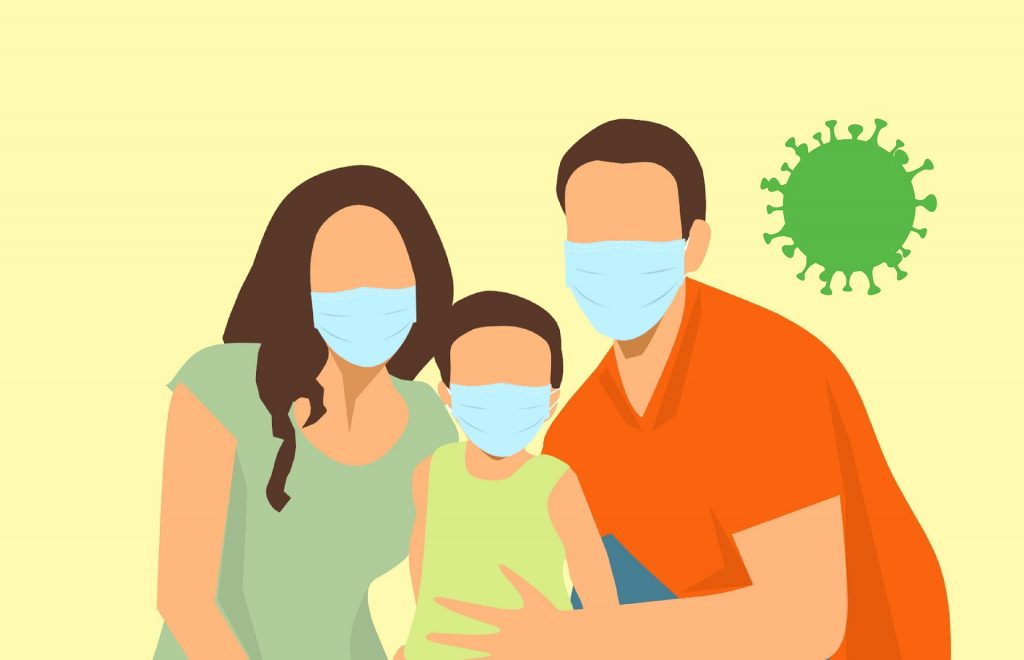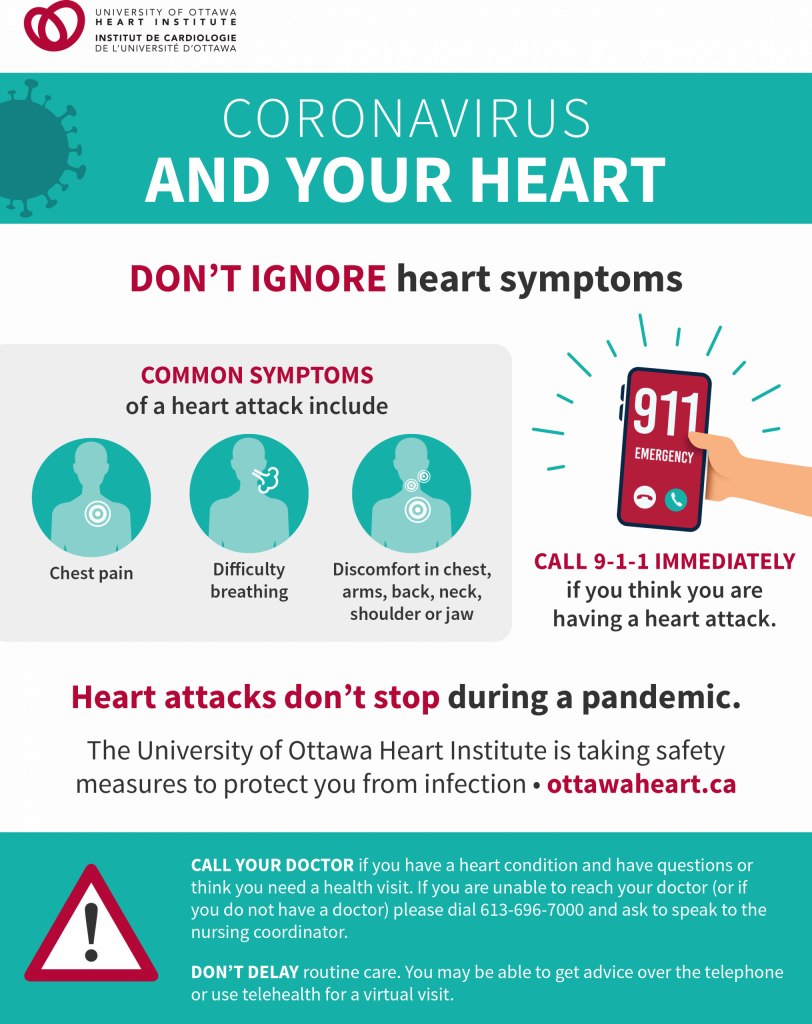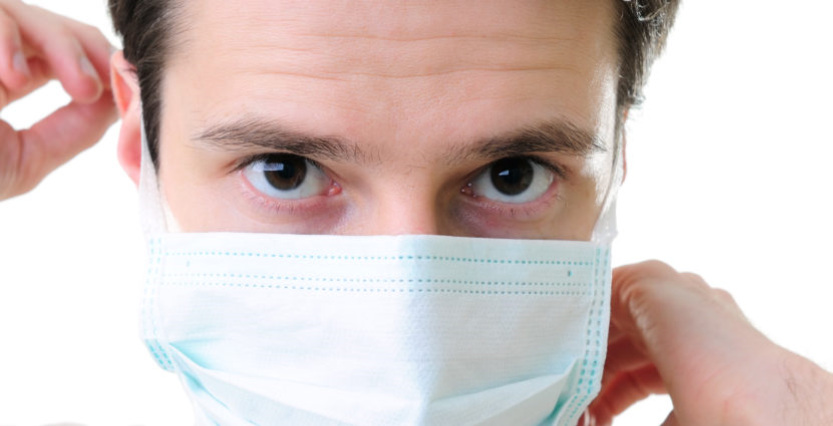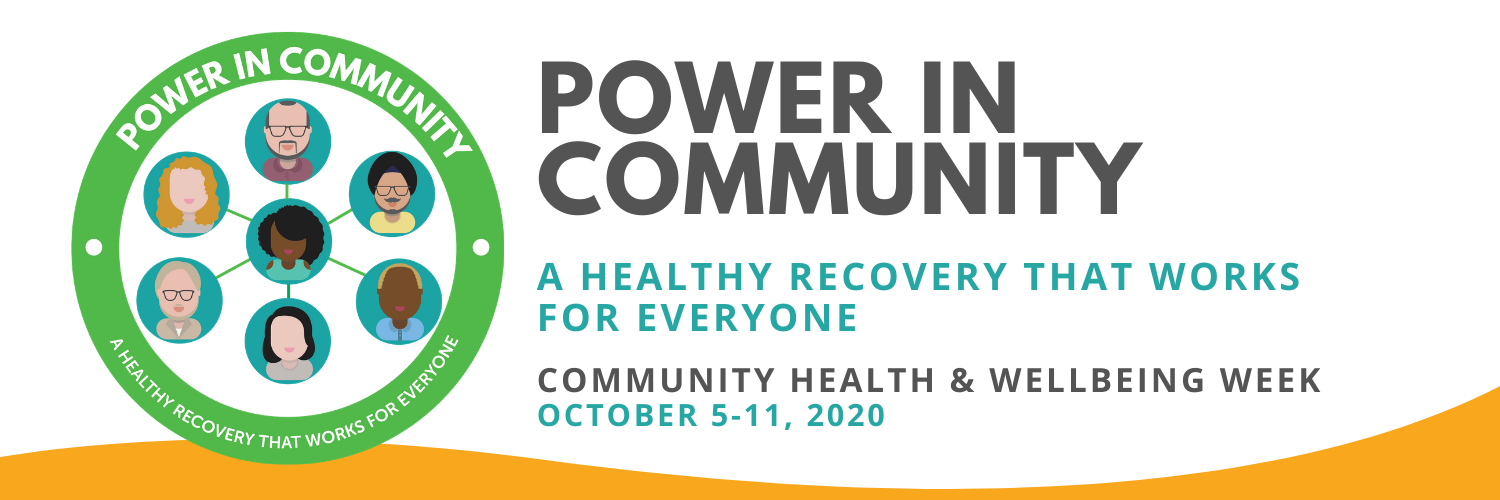Request for Proposals: Multifuntion Copiers
The CSCE is accepting quotes to lease seven medium capacity colour multifunction copiers and one smaller capacity multifunction copier to replace its existing units. Click here to obtain detailed information about the Request for Proposals.
Enquiries:
All enquiries and clarifying questions regarding this Request for Proposals must be emailed to the following by 4:30 p.m. on Friday, November 20, 2020:
Guy Laflèche
IT Resources Manager
Centre de santé communautaire de l’Estrie
Email: g.lafleche@cscestrie.on.ca
Expression of Interest:
Respondents must submit their proposals to the following via mail or email, no later than 4:30 p.m. on Friday, December 4, 2020:
Marc Bisson
Executive Director
Centre de santé communautaire de l’Estrie
841 Sydney Street, Unit 6
Cornwall ON K6H 3J7
Email: m.bisson@cscestrie.on.ca
Website: www.cscestrie.on.ca
The Centre de santé communautaire de l’Estrie (CSCE) is a non-profit organization that provides comprehensive primary health care, mental health care and community health care services to the francophone population of Eastern Ontario. Its head office is located in Cornwall, with satellite offices in Alexandria, Bourget, Crysler, Embrun and Limoges.
Community Health and Wellbeing Week celebrates work to support each other during COVID-19 while we plan a recovery that works for everyone
From October 5 to 11, the Centre de santé communautaire de l’Estrie (CSCE) will celebrate our community’s work during the COVID-19 pandemic response to ensure no one is left behind. This year more than ever, we’re inviting everyone in Stormont, Dundas, Glengarry, Prescott and Russell to join us in recognizing the everyday heroes who’ve stepped up to meet the new challenges brought by the coronavirus while also addressing longstanding inequities.
Power in Community: A Healthy Recovery That Works For Everyone
The week is an important opportunity for our staff, volunteers, and community members to recognize and celebrate each other’s work, and also the work and tenacity of other community-based organizations, grassroots teams, local leaders and decision-makers. It’s also a time to look ahead.
“We’ve seen so many people and organizations step up here in Eastern Ontario to ensure people still have access to vital services and supports during the pandemic,” says Marc Bisson, CSCE Executive Director. “Here at the CSCE, our staff and volunteers are striving every day to learn about new and increased needs in our community, and to work hand-in-hand with local partners during recovery to address barriers and inequities in our health and social systems made more glaring by COVID-19.”
Some of the work at CSCE over the last few months includes: social check-in calls, delivery of food and other supplies, starting virtual programs, advocating for equity, etc. But staff and leaders at CSCE also know that the work of recovery is just beginning.
“As we all know, the pandemic is not over yet, and many communities continue to deal with the impacts of the COVID-19 crisis,” says Marc Bisson. “At the same time, the post-pandemic recovery is becoming part of the conversation. As we look into the future, we need to re-imagine what a truly healthy recovery looks like and redesign a health system that works for everyone. That will mean building on trusted relationships; investing in community and social services to build a more integrated health and wellbeing system rooted in health equity; and leveraging the strengths of community voices and leadership.”
Community Health and Wellbeing Week is coordinated by the Alliance for Healthier Communities of which the Centre de santé communautaire de l’Estrie (CSCE) is a member. The Alliance represents Community Health Centres, Aboriginal Health Access Centres, Community Family Health Teams and Nurse Practitioner-Led Clinics across Ontario.
Learn more about Community Health and Wellbeing Week
Not many organizations provide the community with an opportunity to consult a dietitian free of charge, as is the case in community health centres. Thanks to the CSCE, the population of Stormont, Dundas, Glengarry, Prescott and Russell can obtain reliable information from trusted sources free of charge on one of today’s most popular topics: nutrition.
An overabundance of information about nutrition from countless sources often leads to many questions. As a result, many clients seek evidence-based answers and nutrition counselling from the dietitians at the CSCE. Our team of dietitians is constantly seeking the most recent research findings so they can give advice that is tailored to the medical conditions and personal goals of their clients. Their objective? To encourage clients in their journey towards optimal health.
Many clients are extremely satisfied with the personalized, results-based advice they received. The approach used by the dietitians at the CSCE allows them to provide services that are responsive, accessible and diverse, in both individual and group formats. In addition, dietitians’ work often complements primary health care or mental health care very well, which is why working collaboratively with physicians, nurse practitioners, therapists and others is strongly emphasized at the CSCE.
A Busy and Challenging Year!
Over the past few months, the CSCE has had to be resourceful and creative in their efforts to provide nutrition services to its clients despite all the changes caused by the pandemic. Although some on-site appointments are gradually resuming, clinical appointments, groups and meetings have been and continue to be conducted by telephone or videoconference. This has allowed the dietitians to maintain a quality client-professional relationship during the pandemic as well as valuable relationships with community partners and collaborators.
Needless to say, dietitians are here to stay! Feel free to contact the CSCE nearest you to book an appointment—a doctor’s referral is not required!
Click here for more information
Low back pain is the most common work-related disorder in North America and the number one cause of disability in the world. It is also a major cause of workplace absenteeism. Around 85% of the population will experience back pain at least once in their lifetime.
The benefits of a multimodal approach
There is no miracle cure for low back pain because there are many factors to consider. A multimodal approach seems to be the most effective way to reduce recovery time and get people back up on their feet as quickly as possible. Moreover, when chiropractors are integrated within community health centres, they can play a crucial role in managing low back pain by providing the best possible treatment to patients which helps them recover more quickly.
When chiropractors work in CHCs, it also affects the decision-making of primary care providers. When faced with complex cases, they can seek advice from the chiropractor, which leads to fewer tests and/or referrals to specialists. It is becoming increasingly clear that combining exercise, education and going back to work as soon as possible (or remaining at work) is the best approach.
Getting people back up on their feet with low back pain program
The Centre de santé communautaire de l’Estrie’s low back pain program is provided throughout the counties of Stormont, Dundas and Glengarry. It celebrated its fifth year in April 2020. To date, 919 patients have been seen and 12,291 treatments have been given.
Making a low back pain program available to more people is one way to help get them back on track faster and at a lower cost than the average approach. This means a lot to patients who are unable to maintain their normal activities. It also helps ease financial stress and emotional distress thereby lessening the impact these have on the whole family.
Click here to learn more.
Low back pain information brochure (PDF)
 July 7, 2020 – Based on the precautionary principle, the Eastern Ontario Health Unit (EOHU) is making the use of face coverings by members of the public mandatory in indoor (ENCLOSED) public spaces accessed by the public.
July 7, 2020 – Based on the precautionary principle, the Eastern Ontario Health Unit (EOHU) is making the use of face coverings by members of the public mandatory in indoor (ENCLOSED) public spaces accessed by the public.
“Wearing a mask or face covering in indoor public spaces accessed by the public adds another level of protection against the spread of COVID-19” states Dr. Paul Roumeliotis, Medical Officer of Health at the EOHU. “There is scientific evidence that wearing a mask is an effective way of preventing the spread of COVID-19, and it’s another measure we are adding to our arsenal as we get ready for stage 3 of reopening and back-to-school in the fall.”
The decision to implement a mandatory masking policy made by the 4 health units in Eastern Ontario follows the initiative of other health units across the province and will decrease the odds of having to shut down the economy again due to outbreaks of COVID-19. “Mandatory masks will help support businesses and service providers throughout the region as they resume operations by reducing the risk of an outbreak in their workplace, adding another layer of protection for their employees, and increasing customers’ confidence that they can enjoy a safe return to shopping and other activities,” says Dr. Roumeliotis.
The new Directive is in effect as of July 7th. However, there will be an enforcement grace period of one week until July 14th at 12:00 A.M. The EOHU will use an educational approach focused on signage in premises, the training of staff on masking policies, and notifying customers of the Directive. The masks or face coverings used will have to securely cover the nose, mouth and chin. Exemptions will be made for individuals who cannot wear a mask due to health concerns or other valid reasons. For more information, please consult the highlights of the EOHU’s Directive for Mandatory Masking in Indoor Public Spaces on the EOHU’s website.
Mask Wearing to Complement Other Measures to Limit Spread of COVID-19
The EOHU reminds residents that while wearing a mask or face covering can help prevent the spread of infectious respiratory droplets, it’s not a substitute for physical distancing and handwashing. “In addition to wearing a mask, it’s also very important to continue practising good hand hygiene and, when possible, to keep a distance of at least 2 metres from other people when you’re out in public,” says Dr. Roumeliotis. He adds that information on proper mask use as well as other tips for protecting yourself against COVID-19 are available on the EOHU’s website at www.EOHU.ca/coronavirus or the Government of Ontario’s website at covid-19.ontario.ca.
Source: Eastern Ontario Health Unit (EOHU)

In the next few weeks, we will be implementing a new electronic medical record (EMR) system that will help improve safety & quality of care. Wait times may be longer than usual.
Thanks for your patience!
The City of Cornwall has two community eco gardens, one on Brookdale Ave. and one on Race St. With the relaxation of the COVID-19 pandemic lockdown, the gardens are open for the season, with some new safety and social distancing measures in place.
The importance of community gardens
The gardens are managed by Centre De Santé Communautaire De L’Estrie (CSCE) in Cornwall. Ivan Labelle, Community Health Agent with CSCE explained the importance of these gardens to the community.
They may be an essential source of food for some but not necessarily for all,” Labelle said. “Anyone in our community can apply for a garden, we don’t ask about income any other personal questions. What a community garden does offer is an opportunity to access fresh produce, but also offer many other benefits: the fresh air, the sun, the physical labour feed the body and soul. The low-level concentration to weed or plant help refocus the mind and forget about others stressors for a while, which helps with mental health.”
Labelle explained that there are waiting lists for both gardens every year, but there is frequently turnover as people move in and out.
Some of the rules
One of the rules of the community gardens is that only annual plants are allowed to be grown.
“Typically beans, carrots, onions, cucumbers, tomatoes, lettuce. The reason we don’t allow perennials is that is some plants spread,” said Labelle.
Other rules include keeping workspaces clean and for users to but their tools back where they found them. Labelle said that a few new rules were being encouraged because of the pandemic.
“The COVID-19 has added challenges, so we encourage people this year to bring their own tools, wear personal protection, mask, gloves, disinfect surfaces, wash your hands before and after gardening, observe physical distancing, sign the registry, don’t come in if you have symptoms, only registered members are allowed. No visitors,” he said.
Text and photo from Nick Seebruch, Seaway News, May 22, 2020.
Every year, in the first full week of May, people rally for CMHA Mental Health Week. It’s a Canadian tradition bringing communities, schools and workplaces together to celebrate, protect and promote mental health.
This year, things are looking a little different. We are confined to our individual living spaces, in a time of collective uncertainty and physical distancing.
We’re learning that we need each other now more than ever. It is precisely the time, during and in recovery from the pandemic, to lean on each other. Even if we can’t be close physically with one another, we need to stay close emotionally.
Let’s have real conversations about how we’re all really doing. We’re in this together. Here are seven ways to #GetReal about how you really feel – one way for every day of Mental Health Week.
Check in on how you really feel
How many times in a week do you ask—or answer—the question, “How are you?”
And how many times do you go through the motions, and skip the opportunity to really connect? Chances are you’re feeling more or less than just “fine.” The English language has literally thousands of words to describe how we feel. Check out our article, More than simply fine a long list of ways to express yourself. Next time someone asks you how you are doing, tell them like it really is. See how it changes your conversations.
Get social on social media
We’re living in a digital age in which the world is just a touchscreen away. We can reach hundreds, even thousands of friends, family members and peers with the tap of a finger. Now is the time to really harness the power of social media and take the opportunity to use our platforms for good. Download the toolkit and #GetReal by mix-and-matching your favourite social media images and posts. Take it a step further and customize our blank social media images with your own text and then upload to your profile.
Tip: Use #GetReal and #MentalHealthWeek in your post to be part of the online conversation!
Be Generous
Research shows us time and time again that by giving to others, you give to yourself. Whether you volunteer your time, do random acts of kindness or donate to a cause, helping others will boost your mental health and wellbeing. Our communities need us more than ever, so for Mental Health Week, give back. In whatever way you can.
Practice Listening
The key to real connection? Listening. Really listening. And some studies show we could do so much better at it. The good news is that listening is a skill you can build, and we’ve collected some tips to help you do just that.
So, do your part and brush up on your listening skills. Check out our tips for some pointers and then dive in and practice with a friend. Top it off by reviewing your skills with our Listening Checklist. You’ll be a careful, active listener in no time.
Check in on your mental health
What better way to celebrate Mental Health Week than to check in on your own mental health? While feeling well means different things to different people, some things might actually apply to all of us: in order to thrive, we all need a good sense of self, and we all need a sense of purpose, contribution, hope, resilience and belonging.
To make it easy, we’ve created a simple checklist to guide you in checking in with yourself. Encourage the people you love to check in, too.
Turn your camera on
We’re lucky to be living in an age when we can have face-to-face conversations regardless of the distance between us, thanks to video technology. If you have a computer, a smart phone, or a tablet, you can set up video for free using Skype, Messenger, WhatsApp and other video services. If you want to meet in a group, Zoom is for you (zoom.us).
The possibilities are truly endless. Try having a virtual coffee date, game night or just a simple check-in. Even if you can’t be close physically, the virtual face-to-face time will strengthen your connection.
Care-monger
Celebrate Mental Health Week by being kind to others. There’s even a new (Canadian!) term for that: it’s caremongering. Showing kindness can actually work to decrease stress, which we’re feeling more of lately. Thank someone for their friendship, or send a kind message on social media. Or reach out to that neighbour who might need your kindness more than ever. What only takes a few minutes, can make somebody’s day.

Source: Canadian Mental Health Association
Chest pain? Difficulty breathing? Discomfort in chest, arms, back, neck, shoulder or jaw? Don’t ignore heart symptoms. Here is an important message from University of Ottawa Heart Institute:

All our clients must make an appointment by telephone before entering one of the CSCE sites. You don’t have an appointment? Call before you show up. Thank you for your collaboration.
PLEASE PUT A MASK AND WASH YOUR HANDS WHEN YOU ENTER THE CSCE.
CSCE Preventive measures (PDF)
Important!
 If you have at least one of the following symptoms: fever and/or new onset of cough or difficulty breathing OR at least two of the following symptoms:
If you have at least one of the following symptoms: fever and/or new onset of cough or difficulty breathing OR at least two of the following symptoms:
- chills
- muscle aches
- fatigue
- headache
- sore throat
- nasal congestion
- lost sense of taste or smell
- digestive issues (nausea/vomiting, diarrhea, stomach pain)
- for young children and infants: sluggishness or lack of appetite
Contact us by phone or call Telehealth Ontario at 1-866-797-0000.
Please note that due to the exceptionally high call volume, the CSCE phone lines may be busy when you call. We sincerely apologize for the inconvenience and thank you for your patience and understanding.
Coronavirus
Coronaviruses are a large family of viruses that can cause illnesses ranging from the common cold to more serious respiratory infections like bronchitis, pneumonia or severe acute respiratory syndrome.
Coronaviruses are spread mainly from person to person through close contact, for example, in a household, workplace or health care centre.
Your risk of severe disease may be higher if you have a weakened immune system. This may be the case for:
- older people
- people with chronic disease (for example, diabetes, cancer, heart, renal or chronic lung disease)
Treatment
Symptoms range from mild – like the flu and other common respiratory infections – to severe.
Complications from the 2019 novel coronavirus can include serious conditions, like pneumonia or kidney failure, and in some cases, death.
There are no specific treatments for coronaviruses, and there is no vaccine that protects against coronaviruses. Most people with common human coronavirus illnesses will recover on their own.
You should:
- drink plenty of fluids
- get rest and sleep as much as possible
- try a humidifier or a hot shower to help with a sore throat or cough
If you start to feel symptoms of COVID-19
- Anyone who begins to feel unwell (fever, new cough or difficulty breathing) should return home and self-isolate immediately.
- People who are self-isolating should seek clinical assessment over the phone – either by calling their primary care provider’s office or Telehealth Ontario 1-866-797-0000. If you need additional assessment, your primary care provider or Telehealth Ontario will direct you to in-person care options.
If you need immediate medical attention you should call 911 and mention your travel history and symptoms.
How to protect yourself
Coronaviruses are spread mainly from person to person through close contact, for example, in a household, workplace or health care centre.
There is no vaccine available to protect against the 2019 novel coronavirus, but there are actions you can take to help prevent the spread of germs that cause respiratory illnesses.
Everyday actions
Take these everyday steps to reduce exposure to the virus and protect your health:
- wash your hands often with soap and water or alcohol-based hand sanitizer
- sneeze and cough into your sleeve
- avoid touching your eyes, nose or mouth
- avoid contact with people who are sick
- stay home if you are sick
Poster: What you need to know to help you and your family stay healthy
Physical distancing
Everyone in Ontario should be practicing physical distancing to reduce their exposure to other people.
Everyone in Ontario should do their best to avoid close contact with people outside of their immediate families. Close contact includes being within two (2) meters of another person.
If you believe you have been exposed to someone with COVID-19 symptoms, you should begin to self-monitor for a period of 14 days. This means that, in addition to physical distancing, you should track how you feel. You should take your temperature daily and log any other symptoms that develop (for example, sore throat, new cough). You can share these records with your primary care provider over the phone if you seek assessment services.
How to self-isolate
Self-isolating means staying at home and avoiding contact with other people to help prevent the spread of disease to others in your home and your community.
All persons over 70 years of age and individuals who are immunocompromised are advised to self-isolate. This means that you should only leave your home or see other people for essential reasons. Where possible, you should seek services over the phone or internet or ask for help from friends, family or neighbours with essential errands.
When self-isolating you should:
Stay home
- do not use public transportation, taxis or rideshares
- do not go to work, school or other public places
- your health care provider will tell you when it is safe to leave
Cover your coughs and sneezes
- cover your mouth and nose with a tissue when you cough or sneeze
- cough or sneeze into your upper sleeve or elbow, not your hand
- throw used tissues in a lined waste basket, and wash your hands. Lining the wastebasket with a plastic bag makes waste disposal easier and safer.
- after emptying the wastebasket wash your hands
Wash your hands
- wash your hands often with soap and water
- dry your hands with a paper towel, or with your own cloth towel that no one else shares
- use an alcohol-based hand sanitizer if soap and water are not available
Poster: How to self-isolate.
For more information and latest news:
www.BSEO.ca/coronavirus
www.Ontario.ca/coronavirus
www.Canada.ca/coronavirus

